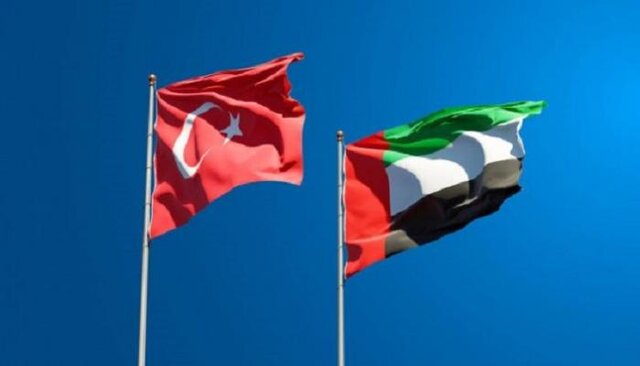According to the media, following Saudi Arabia’s decision to evacuate its diplomats to Islamabad, Turkey, and the United Arab Emirates have decided to move out their staff and reduce diplomatic activities in Afghanistan due to heightened security risks. The Islamic Emirate of Afghanistan is continuously facing growing diplomatic isolation over the past months, as a majority of world nations had either shut down their embassies or reduced their presence in the Afghan capital to a minimum level. Since the Taliban takeover of Kabul in August 2021, only 13 foreign missions were operational in the capital including Iran, Pakistan, India, China, Saudi Arabia, Qatar, UAE, Turkey, Russia, Kazakhstan, Kyrgyzstan, Uzbekistan, and Turkmenistan. These numbers have now further contracted after Saudi Arabia relocated its diplomats to Islamabad, while Turkey and UAE reduced their presence amid serious security concerns.
Surprisingly, a meek situation has emerged in violence-hit Afghanistan that friendly nations who had been supporting the Afghan interim government in the past to help revitalize peace and stability in the conflict-ridden nation, have now given up their support and expressed their desperation over the policies of the Afghan incumbent rulers. In fact, poor governance and security threats had always existed in Afghanistan, yet the political clumsiness, tough and unreconciled policies of the interim authorities regarding women’s right to get an education, work, travel, and appear in public places, had attracted massive criticism from across the world including global humanitarian organizations, donors and partner nations equally from friends and foes.
Meanwhile, recurrent IS-K-sponsored terror incidents and attacks on the Pakistani and Russian Embassies raised concerns in foreign nations regarding the security of their diplomats in Afghanistan. Apparently, this is a wake-up call for Afghanistan’s de facto authorities as foreign nations already have little liaison with the interim government and the closure of important foreign missions in Kabul will not only increase diplomatic and economic isolation but is likely to be followed by other nations in the coming days.
There had been a wide-ranging fear in the global community regarding the current political, economic, and law and order situations in Afghanistan along with future projections that sees no visible sign of an improvement in the days ahead. At the same time, a renewed insurgency in the Northern area and a heightened wave of terrorism further reduced the scope of political and economic stability in the country. Although, the interim Afghan government faces a scarcity of resources and institutional incapacity yet the regime is utterly myriad by egoism and a lack of co-existence and sharing behavior. According to a UN report, about two third of the Afghan population faces a severe risk of famine and needs urgent economic assistance, while the governance issues are adding to the public woes persistently. The poor masses are at the mercy of the rulers and humanitarian organizations to compete with famine, environmental challenges, and diseases amid freezing winter in the country.
Although friendly nations intend to integrate Afghanistan into the global community of nations through all possible diplomatic, economic, and political support yet the rulers have to take practical measures to help integrate their nation into world affairs through the preservation of human and women’s rights, inclusiveness and disassociation from terrorist outfits. A better future awaits the Afghan nation however the Afghan authorities have to deliver on their commitments, so the dawn of peace and prosperity arises in the war-torn nation.







